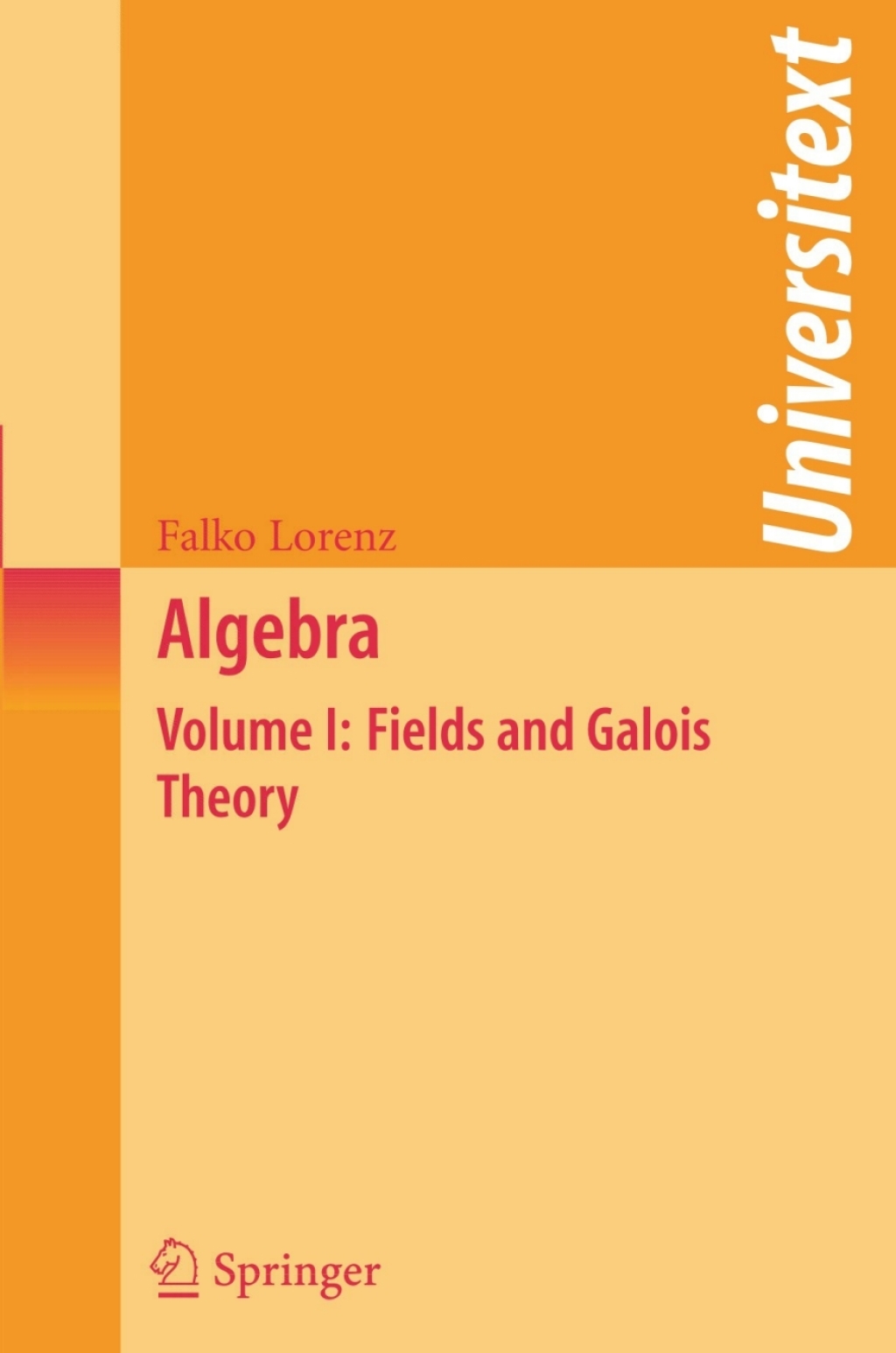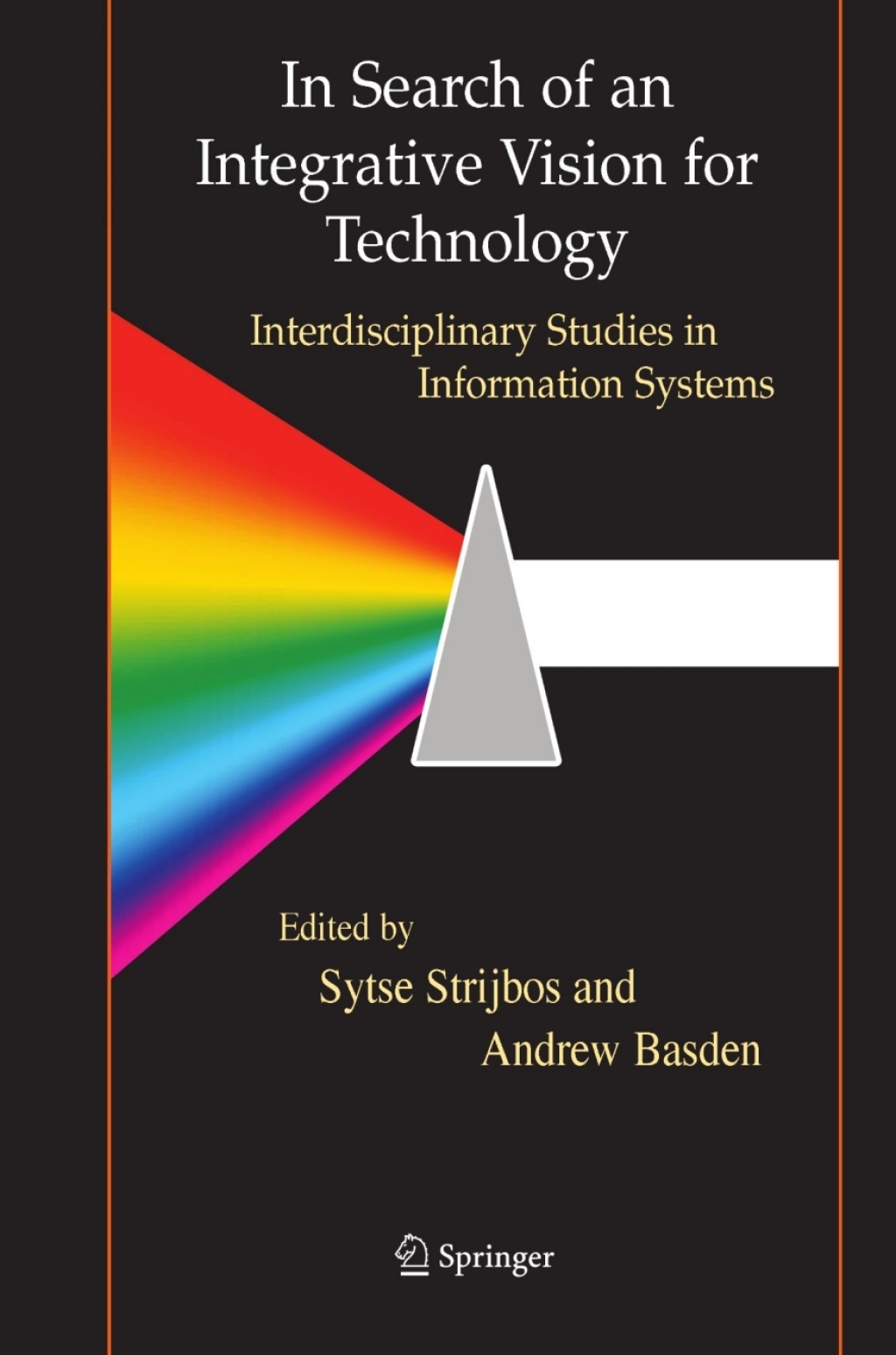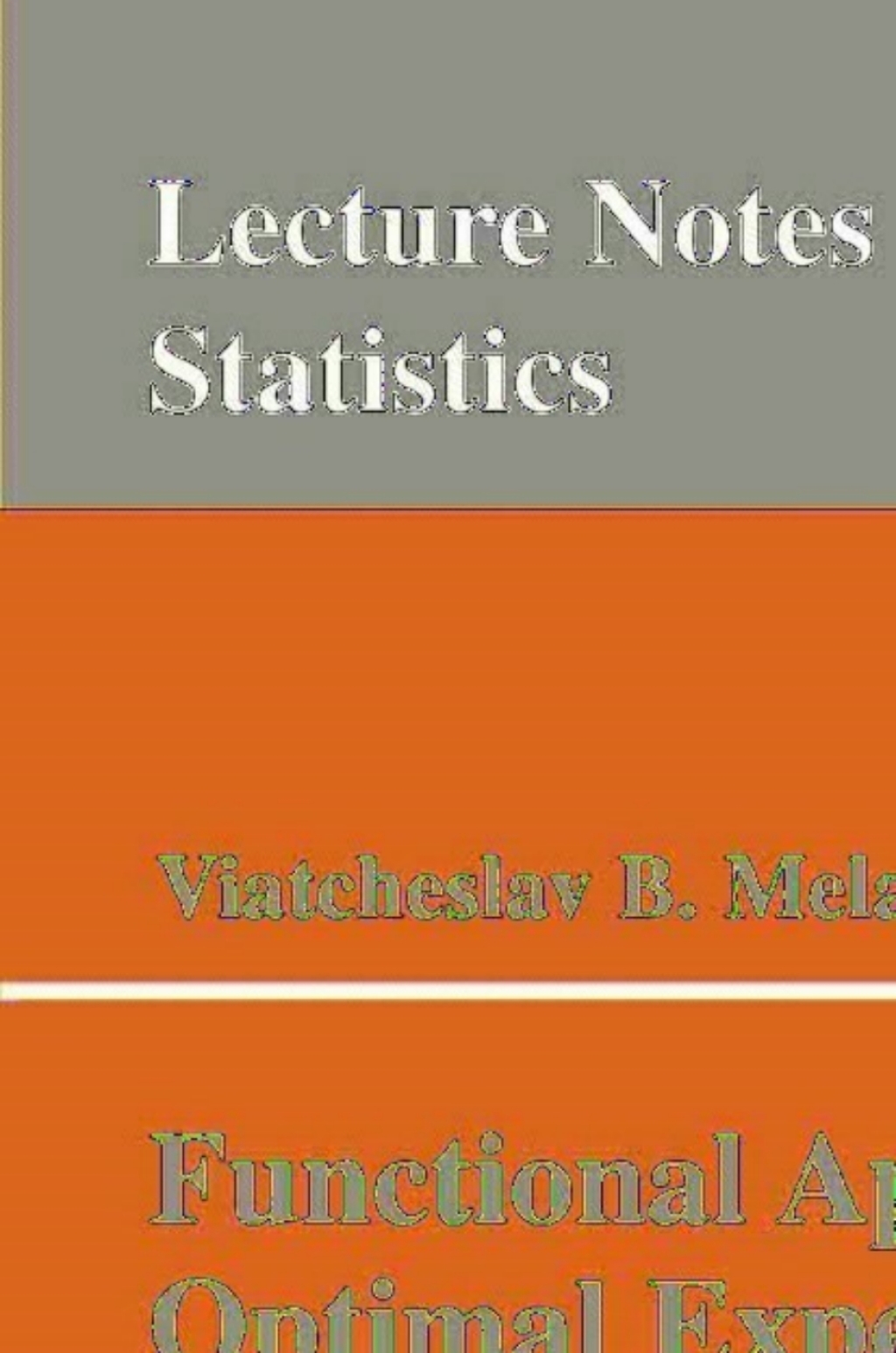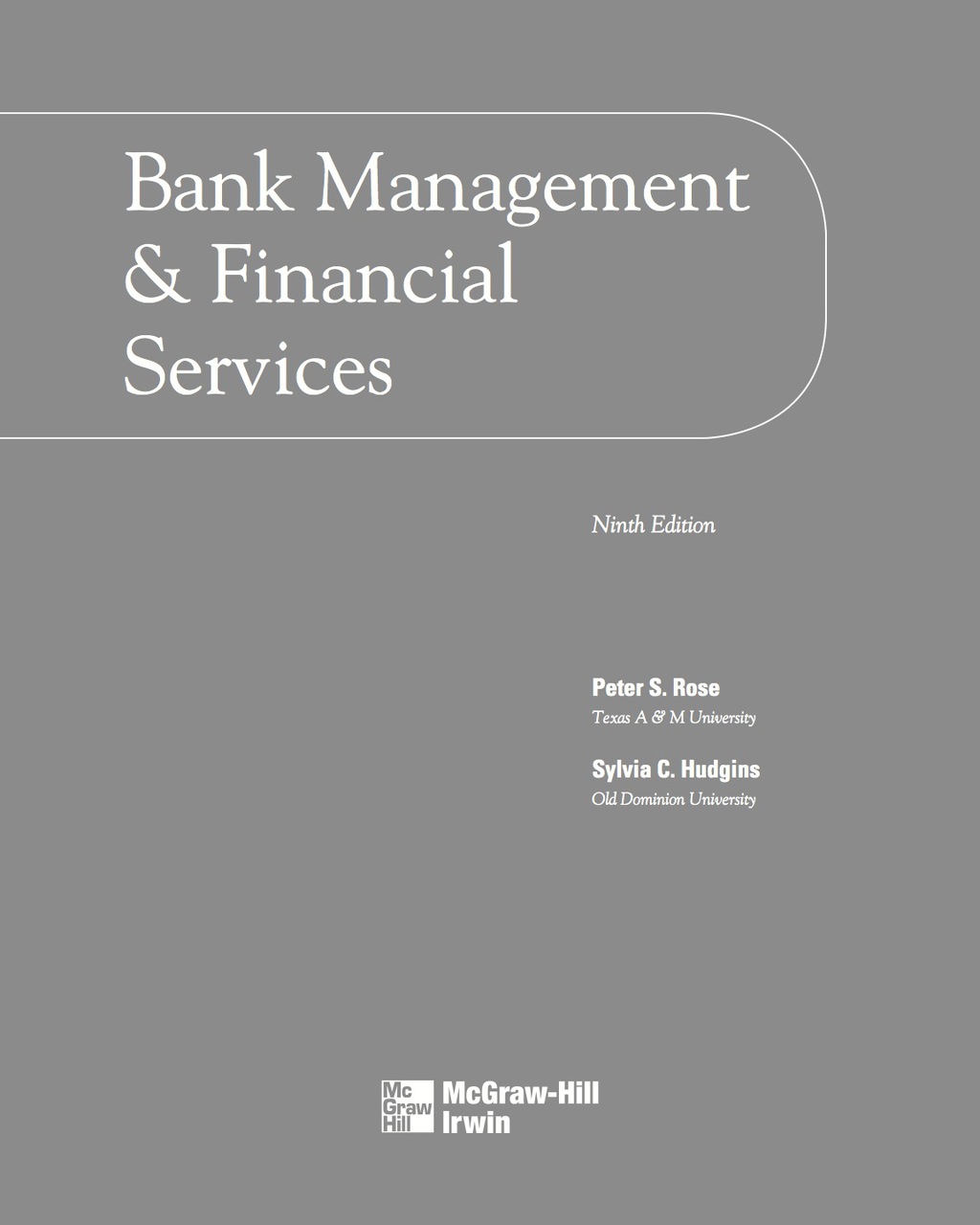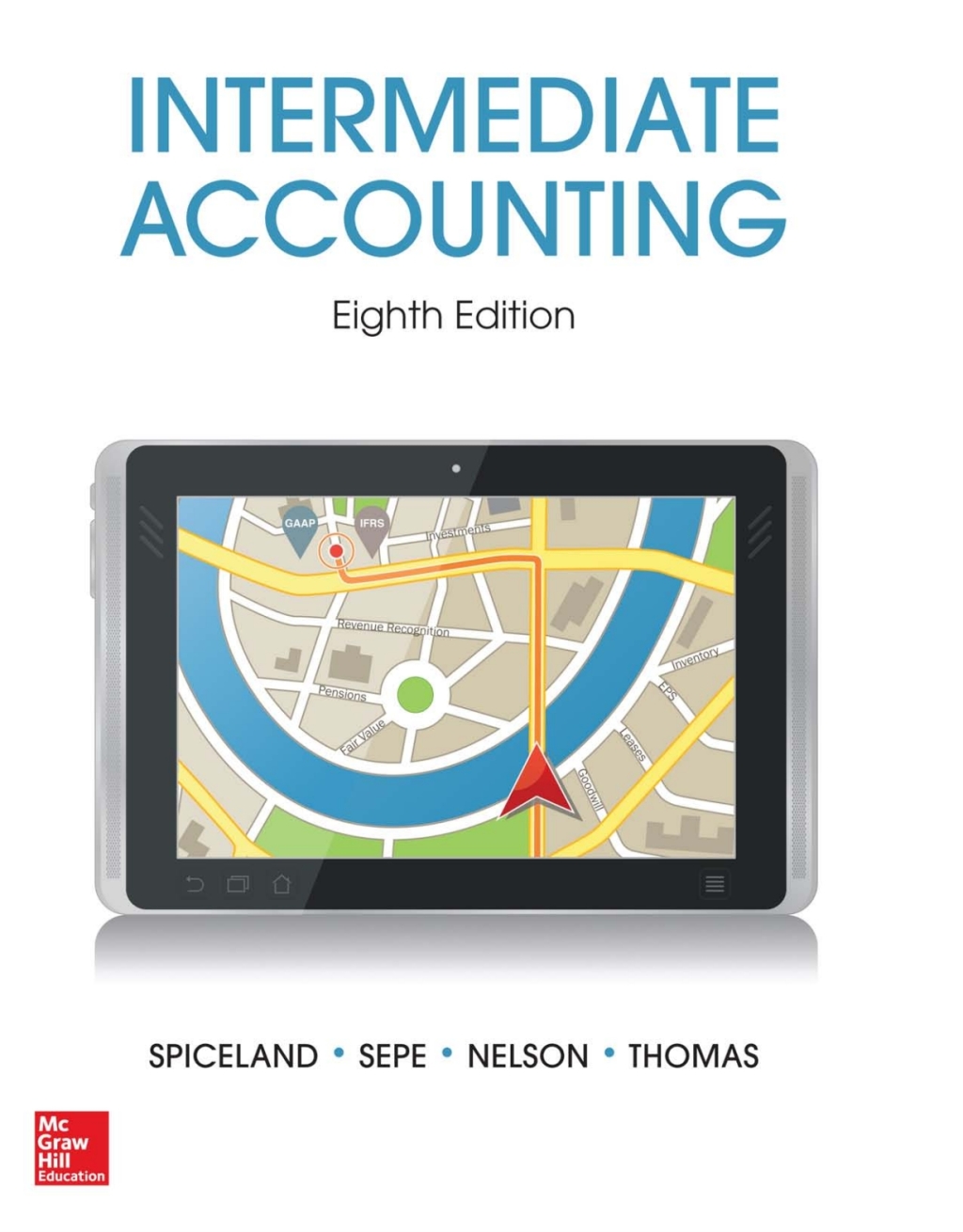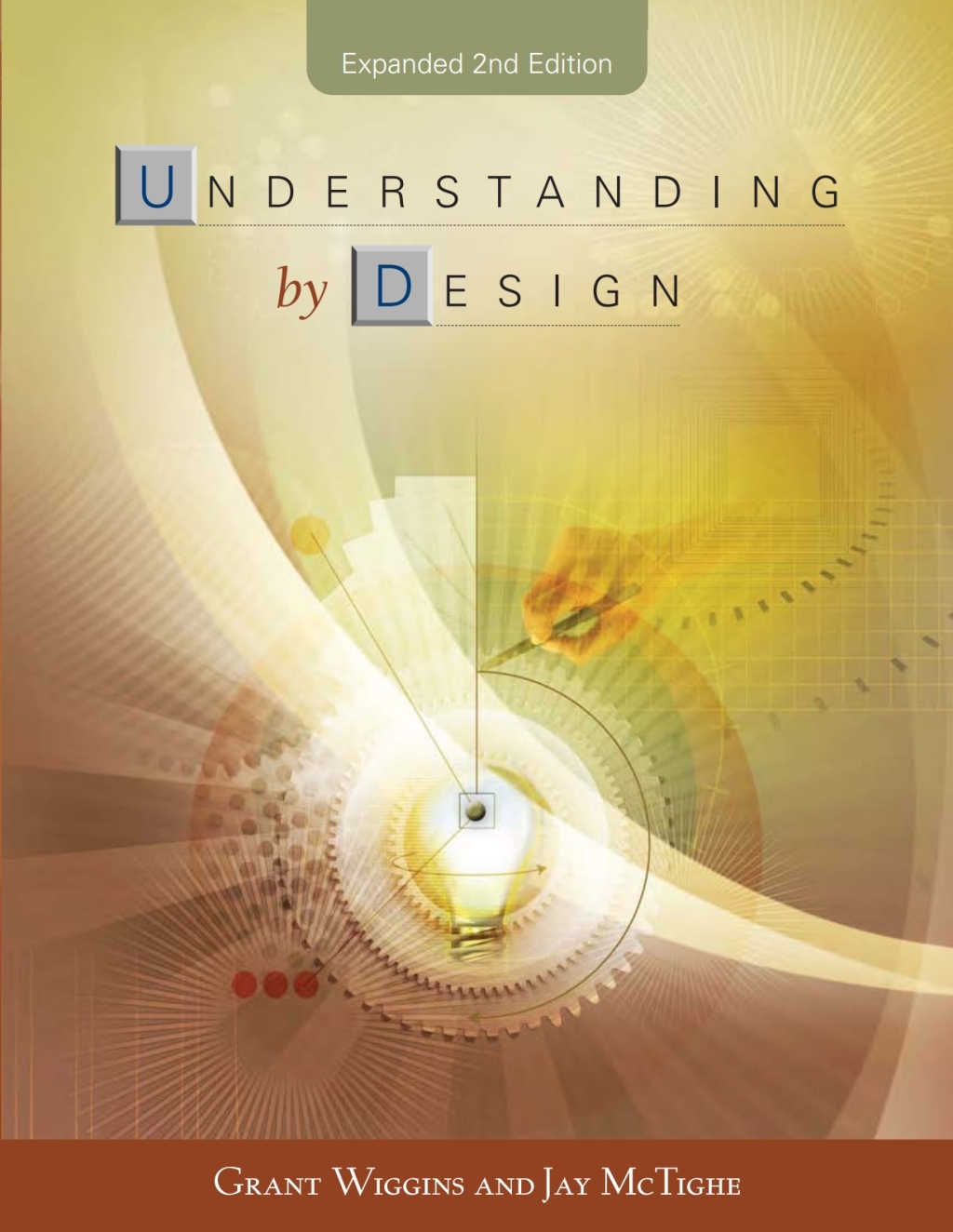Description
The present book is devoted to studying optimal experimental designs for a wide class of linear and nonlinear regression models. This class includes polynomial, trigonometrical, rational, and exponential models as well as many particular models used in ecology and microbiology. As the criteria of optimality, the well known D-, E-, and c-criteria are implemented. The main idea of the book is to study the dependence of optimal – signs on values of unknown parameters and on the bounds of the design interval. Such a study can be performed on the base of the Implicit Fu- tion Theorem, the classical result of functional analysis. The idea was ?rst introduced in the author’s paper (Melas, 1978) for nonlinear in parameters exponential models. Recently, it was developed for other models in a n- ber of works (Melas (1995, 2000, 2001, 2004, 2005), Dette, Melas (2002, 2003), Dette, Melas, Pepelyshev (2002, 2003, 2004b), and Dette, Melas, Biederman (2002)). Thepurposeofthepresentbookistobringtogethertheresultsobtained and to develop further underlying concepts and tools. The approach, m- tioned above, will be called the functional approach. Its brief description can be found in the Introduction. The book contains eight chapters. The ?rst chapter introduces basic concepts and results of optimal design theory, initiated mainly by J.Kiefer.

